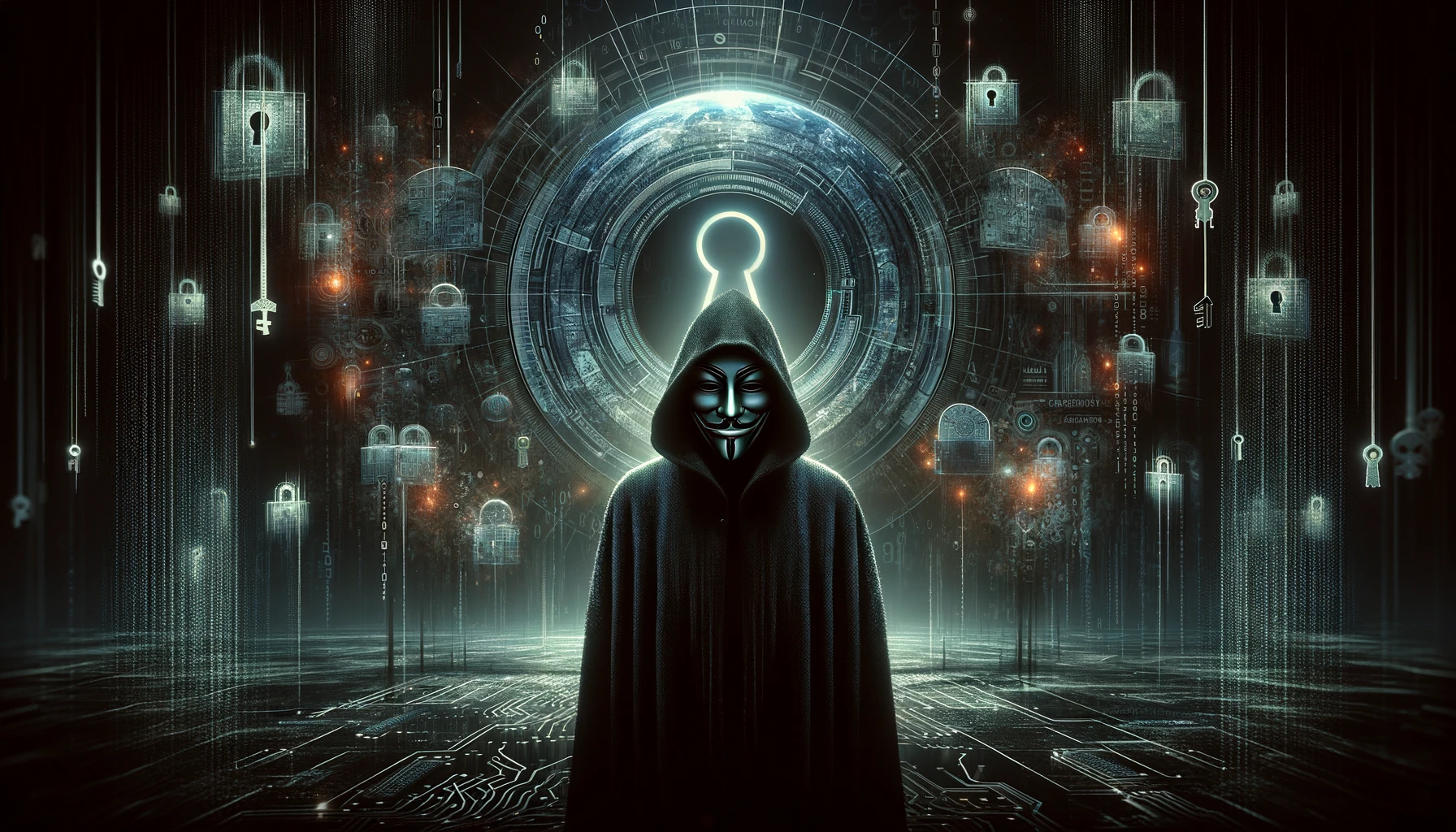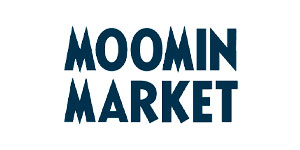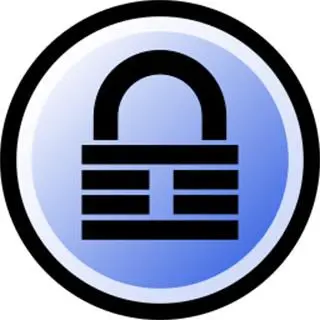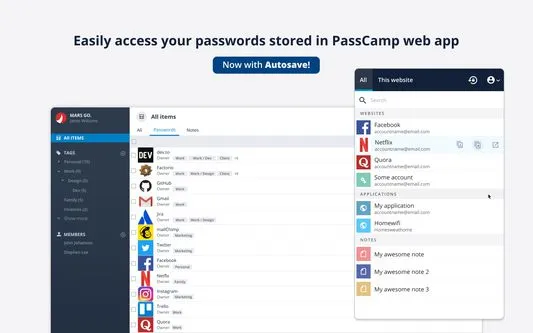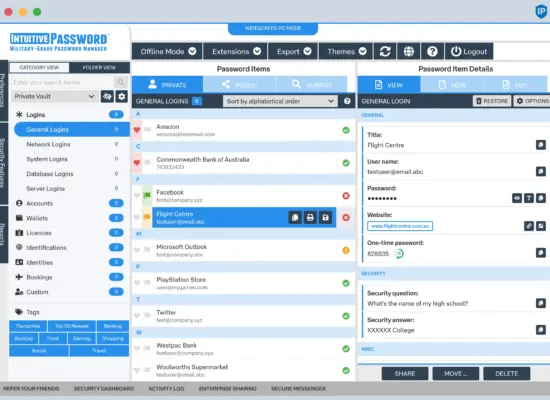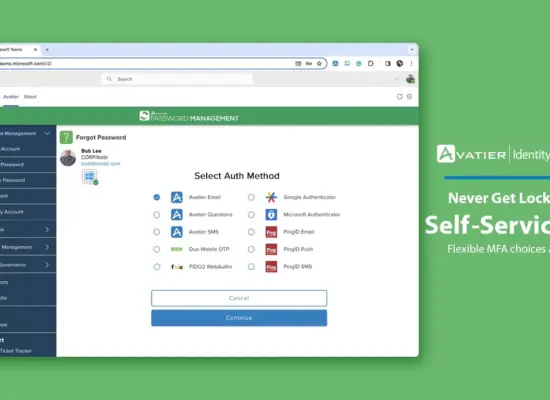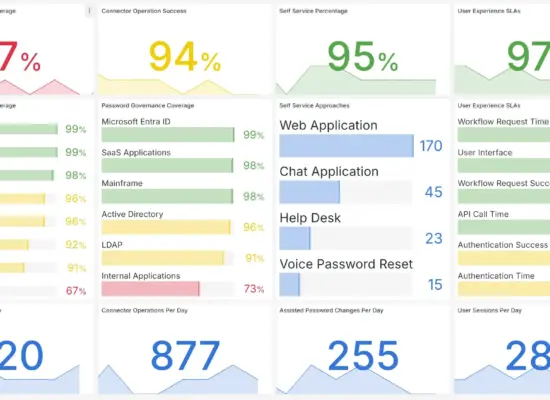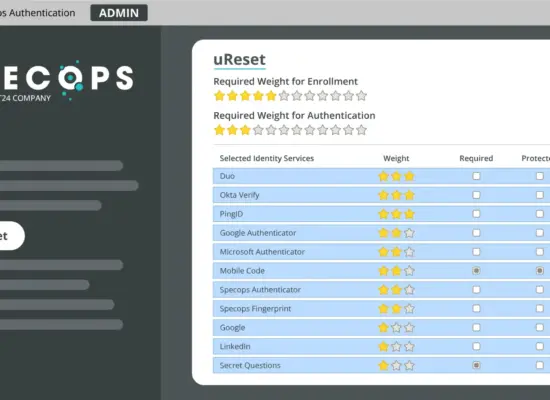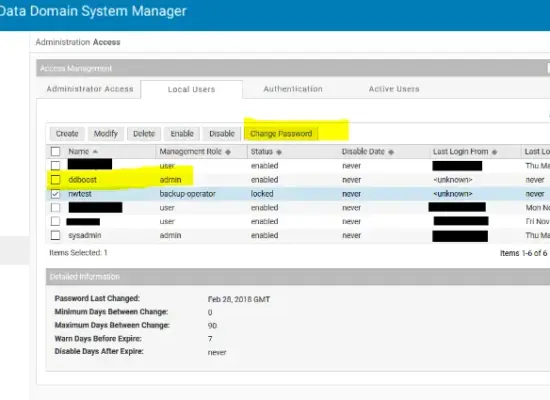Last Updated on July 1, 2024 by DarkNet
People look for all sorts of things on the darknet, and their motives can vary greatly from person to person. Here are some of the darknet desires and goals that attract people to this shadowy part of the internet:
- Anonymity: Many users value the darknet for the ability to remain anonymous. This can be for reasons of personal safety, as well as to bypass censorship or access information without the risk of surveillance.
- Access to prohibited goods and services: The darknet is known for its platforms where you can find almost everything, from drugs to counterfeit documents and from hacked data to weapons. For many, this is the main reason for visiting the darknet.
- Searching for unique information: Some look for information on the darknet that is difficult or impossible to find on the open internet. This could be specific technical information, secret data, or materials banned from distribution.
- Communications and communities: The darknet provides platforms for discussing sensitive topics, where users can discuss issues of interest to them without fear of persecution. These can be political discussions, human rights discussions, and much more.
- Research: Some researchers, journalists, and investigators use the darknet to gather information that can be used in their work, especially if the information pertains to sensitive topics.
- Hacking and cybersecurity: For hackers and cybersecurity specialists, the darknet can serve as a source of tools, information about vulnerabilities, and a platform for exchanging experiences and data.
- Financial gain: Some look for ways to make money on the darknet through various illegal mechanisms, including trading in prohibited goods, offering hacking services, and fraud.
Let’s carefully go through each point without missing a single detail.

Anonymity
Anonymity on the darknet is one of its key features that attracts users from around the world. This aspect can be examined in more detail from several perspectives:
Technological Foundations of Anonymity
The darknet achieves anonymity through the use of specialized technologies and protocols, such as Tor (The Onion Router) and I2P (Invisible Internet Project). These technologies encrypt user traffic and reroute it through a series of intermediary servers worldwide, making it difficult to track the source of the request or its final recipient.
- Tor operates on the principle of “onion” routing, where data passes through three randomly selected servers (nodes), encrypting at each stage so that each subsequent node does not know the data’s origin.
- I2P focuses on creating an encrypted “underground” internet, providing an anonymous network within a network, optimized for hidden services and communications.
Personal Safety
For many users, anonymity on the darknet is a matter of personal safety. Residents of countries with authoritarian regimes or strict internet censorship use it for safe access to banned information, including news sites, political forums, and human rights resources. Anonymity also protects against possible repression for expressing one’s views or seeking information.
Bypassing Censorship
The darknet offers tools to bypass state censorship, allowing users to access blocked sites and services. This is particularly important in regions where the internet is under strict control, and access to free information is limited. Anonymity ensures freedom of speech and helps disseminate information in situations where open expression could have serious consequences.
Accessing Information Without Risk of Surveillance
In an era of global surveillance and data collection by almost every major online service, anonymity becomes critically important for protecting personal privacy. The darknet provides the opportunity to communicate, share, and receive information without fear of surveillance by governments, corporations, or malicious actors. This is especially valuable for journalists, human rights defenders, and researchers working with sensitive information.

Access to prohibited goods and services
Access to prohibited goods and services through the darknet has become one of its most discussed and problematic features. This part of the darknet attracts users with the opportunity to acquire what cannot be found on the regular internet or what is prohibited by law. Let’s look more closely at the types of goods and services most commonly sought in the darknet:
Drugs
One of the most common categories of goods is illegal drugs. This can include everything from marijuana to heroin, ecstasy, cocaine, and many synthetic drugs. Darknet platforms offer an anonymous way to purchase drugs, reducing the risk of interaction with the police or other criminal elements.
Fake Documents
Fake or forged documents are another popular category. This can include fake passports, driver’s licenses, identity cards, educational diplomas, and other official documents. Such goods attract those trying to circumvent the law, immigration rules, or simply wanting to start life anew under a different name.
Hacked Data
The darknet serves as a market for the sale and purchase of hacked or stolen data. This can include personal information, credit card numbers, login credentials for various online services, databases with personal information, and much more. Buying such data can be motivated by the desire to commit fraud, identity theft, or other illegal actions.
Weapons
While the weapons market on the darknet is not as widespread as other types of goods, there are still platforms offering firearms, ammunition, and even explosives. Purchasing weapons through the darknet attracts those who, for various reasons, cannot or do not want to acquire them legally.
Hacking Services and Software
The darknet also serves as a market for hacking services and tools. This can include the sale of malicious software, such as viruses, trojans, ransomware, services for DDoS attacks, hacking social networks, and emails. Users interested in these services often have intentions related to cybercrime.

Searching for unique information
Seeking unique information on the darknet is one of the reasons users turn to this part of the internet. Let’s take a closer look at the types of information sought in the darknet and why:
Specific Technical Information
The darknet can serve as a source of technical information that is not available in the public domain or requires special permission to access. This can include data on specialized technologies, rare or obsolete devices, specific programming methodologies, or cybersecurity. Such information can be valuable for researchers, developers, and security specialists facing tasks that require unique knowledge.
Secret Data
The darknet is often associated with the possibility of accessing secret or confidential data. This can include leaked government documents, corporate secrets, personal information about public figures, or details about scandalous events. Journalists, researchers, and activists may seek such data to reveal the truth or draw attention to issues of public concern.
Materials Prohibited from Distribution
In some cases, materials prohibited from distribution on the open internet due to their illegal or morally questionable nature are sought in the darknet. This can include extremist materials, pirated content, and information subject to legal restrictions in certain countries. Users seeking such materials may be motivated by various reasons, from ideological beliefs to a desire to circumvent commercial restrictions.
Academic and Research Materials
For some researchers and academics, the darknet can be a source of rare scientific papers or documents that are difficult to access due to copyright or other restrictions. This can be particularly important for researchers from countries with limited access to global scientific resources.
Exchange of Knowledge and Information
The darknet also offers platforms for the exchange of knowledge and information among communities whose interests or activities may fall outside the law or social norms. These can be forums dedicated to hacking, cryptography, online anonymity, and other topics that might attract unwanted attention from law enforcement or cybersecurity in the open internet.

Communications and communities
Communications and community building in the darknet play a key role in providing a safe space for dialogue on topics that may be subject to censorship or repression outside this medium. This aspect of the darknet is particularly important for users from countries with limited freedom of speech and high levels of control over the information space. Let’s take a closer look at the main directions of such communications:
Political Discussions
The darknet provides an anonymous platform for political discussions, especially important in environments where open expression of opinions can lead to criminal prosecution, repression, or even threats to life. This includes discussions on democratic reforms, criticism of authoritarian regimes, dissemination of information about political protests, and mobilization of public opinion. In such an environment, activists and dissidents can safely coordinate their actions, exchange ideas, and strategies without fear of surveillance.
Discussion of Human Rights
Darknet platforms serve as an important resource for disseminating information about human rights violations that may be hidden from the public by mainstream media. This includes discussions on cases of torture, unjust imprisonment, discrimination, and other forms of violations. The anonymity of the darknet allows human rights defenders, victims of violations, and witnesses to safely share their stories and collect evidence without fear for their safety.
Interest-Based Communities
The darknet offers refuge for diverse communities whose interests or identities may put them at risk in society. This includes LGBTQ+ communities, ethnic and religious minorities, as well as groups dedicated to sensitive or controversial issues such as mental health, self-help for addictions, and others. In such a protected environment, participants can exchange experiences, provide and receive support without fear of discrimination or persecution.
Protection for Whistleblowers and Journalists
For whistleblowers disclosing information about corruption, abuses of power, and other serious issues, the darknet provides means for safe communication with journalists and human rights organizations. Journalists working on sensitive topics also use the darknet to protect their sources and their own anonymity, which is especially important when investigating cases involving powerful and dangerous opponents.
Emergency Communications
In situations where traditional communication channels may be blocked or subjected to censorship during emergencies, political crises, or natural disasters, the darknet can serve as an alternative means for disseminating information and coordinating actions. This allows for circumventing restrictions and continuing communication when it is critically important.

Research
Using the darknet for research purposes provides scientists, journalists, and researchers access to unique data that is difficult or impossible to find on the open internet. This may include information on sensitive or controversial topics, as well as data that is censored or hidden from the public eye. Let’s delve deeper into how and why researchers use the darknet in their work:
Access to Hidden Information
The darknet contains a multitude of forums, chat groups, and sites where data on various sensitive topics are discussed and disseminated. Researchers can use these resources to gather information on illegal activities, such as drug trafficking, weapons trade, illegal services, as well as to study cybercrime, hacking attacks, and censorship circumvention methods.
Studying Cybersecurity and Cybercrime
For cybersecurity specialists and researchers studying cybercrime, the darknet is a rich source of information on the latest trends, vulnerabilities, and attacks. By exploring the darknet, they can better understand how cybercriminals operate, what tools and methods they use, which helps in developing more effective defense strategies.
Journalistic Investigations
Journalists working on investigations about sensitive issues like corruption, human rights violations, illegal trade often turn to the darknet in search of evidence and information. The darknet provides them with the opportunity to find whistleblower contacts, gain access to leaked data and documents that can be used in their reports.
Academic Research
Academic researchers study the darknet to understand various social, psychological, and technological aspects of anonymous networks and their impact on society. Topics may include the study of anonymity and privacy on the internet, analysis of social networks within the darknet, and the effects of the darknet on legislation and law enforcement.
Ethical Considerations
Using the darknet for research purposes requires researchers to adhere to a high degree of ethical responsibility. It’s important to ensure that collected data will not be used to harm participants or facilitate illegal activity. Additionally, legal norms and privacy standards must be observed.
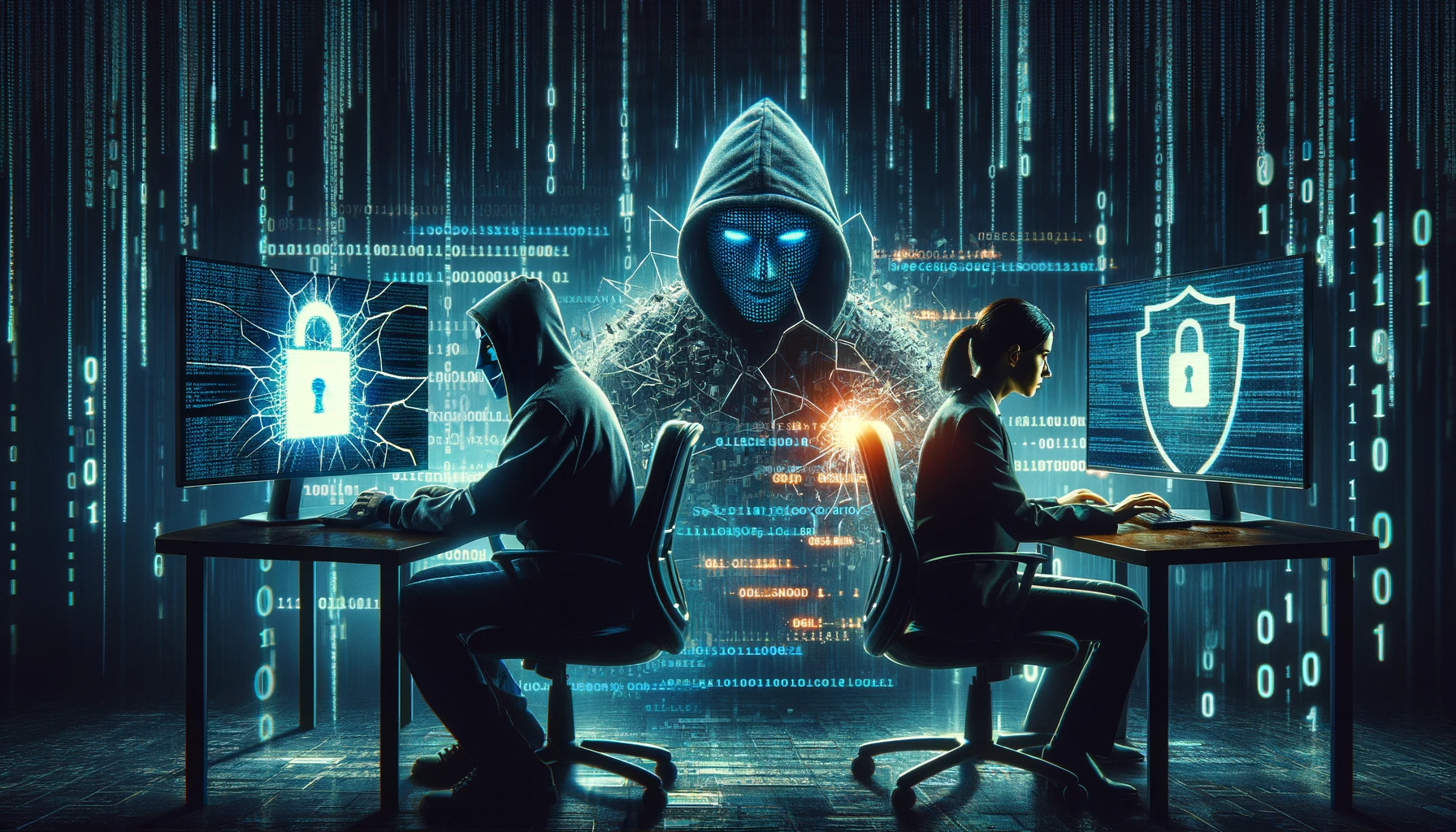
Hacking and cybersecurity
The darknet plays a significant role in the world of hacking and cybersecurity, serving both as a source of tools and knowledge and as an arena for their application. This duality makes it an important part of cyberspace for both those looking to protect information and those seeking ways to exploit it. Let’s delve into the various aspects of this topic:
Tools and Software
The darknet offers access to a wide range of hacking tools, including malware, exploit kits, tools for conducting Denial of Service (DDoS) attacks, spyware, and data theft tools. Such tools can be used by both novice hackers and experienced cybercriminals to conduct various types of attacks.
Vulnerability Information
The darknet is a platform for sharing information about new vulnerabilities in software and systems. These can be recently discovered vulnerabilities (zero-day) that have not yet been patched by developers, as well as detailed instructions and codes for exploiting them. Access to such information allows hackers to stay ahead of cybersecurity efforts, and cybersecurity professionals to more effectively prevent potential attacks.
Forums and Communities
The darknet contains numerous forums and private communities where hackers and cybersecurity professionals exchange experiences, knowledge, and news from the world of cybersecurity. These platforms allow participants to discuss the latest trends in security, share hacking tips and techniques, and buy and sell stolen data, including accounts, personal information, and corporate data.
Learning and Skill Development
For novice hackers, the darknet can serve as a resource for learning and developing cybersecurity skills. There are specialized platforms and courses that offer training in various aspects of hacking activity, from basics to advanced hacking and defense techniques. This provides an opportunity to learn about cybersecurity “from the inside,” understanding the methods and approaches used by cybercriminals.
Ethical Considerations
It’s important to note that many activities related to hacking and the distribution of malware are illegal and can lead to serious legal consequences. At the same time, the knowledge and skills acquired in the process of studying cybersecurity can be used for legitimate purposes to protect information systems and networks from cyberattacks.

Financial gain
Financial gain is one of the key reasons people turn to the darknet. In this hidden part of the internet, there are various illegal ways to make money that attract both individuals and organized crime groups. Let’s take a closer look at the most common of these mechanisms:
Trading Prohibited Goods
Darknet markets offer a wide range of goods and services, many of which are illegal. This includes drugs, weapons, counterfeit documents (passports, identity cards, driver’s licenses), stolen banking data, and credit cards. Sellers on these platforms earn by offering their goods to anonymous buyers, often using cryptocurrencies for transactions to maximize anonymity and complicate the tracking of financial flows.
Hacking Services
Cybersecurity experts and hackers can offer their services on the darknet, including hacking social networks, emails, websites, and even banking systems. These services may include access to someone else’s accounts, removing unwanted information from the internet, or even cyber espionage. They receive significant amounts for their services, especially for complex tasks that require a high level of knowledge and experience.
Fraud
The darknet provides a platform for various types of fraud, including phishing, skimming, investment fraud, and other schemes to steal money. Sellers offer phishing toolkits, ransomware, as well as information and guides on conducting fraudulent operations. Additionally, darknet markets can be a place to find and buy databases with personal information for use in fraudulent schemes.
Selling Stolen Information
Stolen information, including credit card data, login credentials for various services, and personal information, is regularly put up for sale on the darknet. Hackers responsible for major data breaches can earn significant amounts by selling this data to other criminals, who then use it for fraud or sell it to third parties.
Note on Security and Ethics
It’s worth noting that participating in illegal activities on the darknet carries serious risks, including the possibility of arrest and prosecution. Furthermore, these actions not only harm the victims of fraud and the owners of stolen data but also undermine trust and security on the internet as a whole. Therefore, it’s important to approach any activity on the darknet with an understanding of the ethical and legal consequences.





